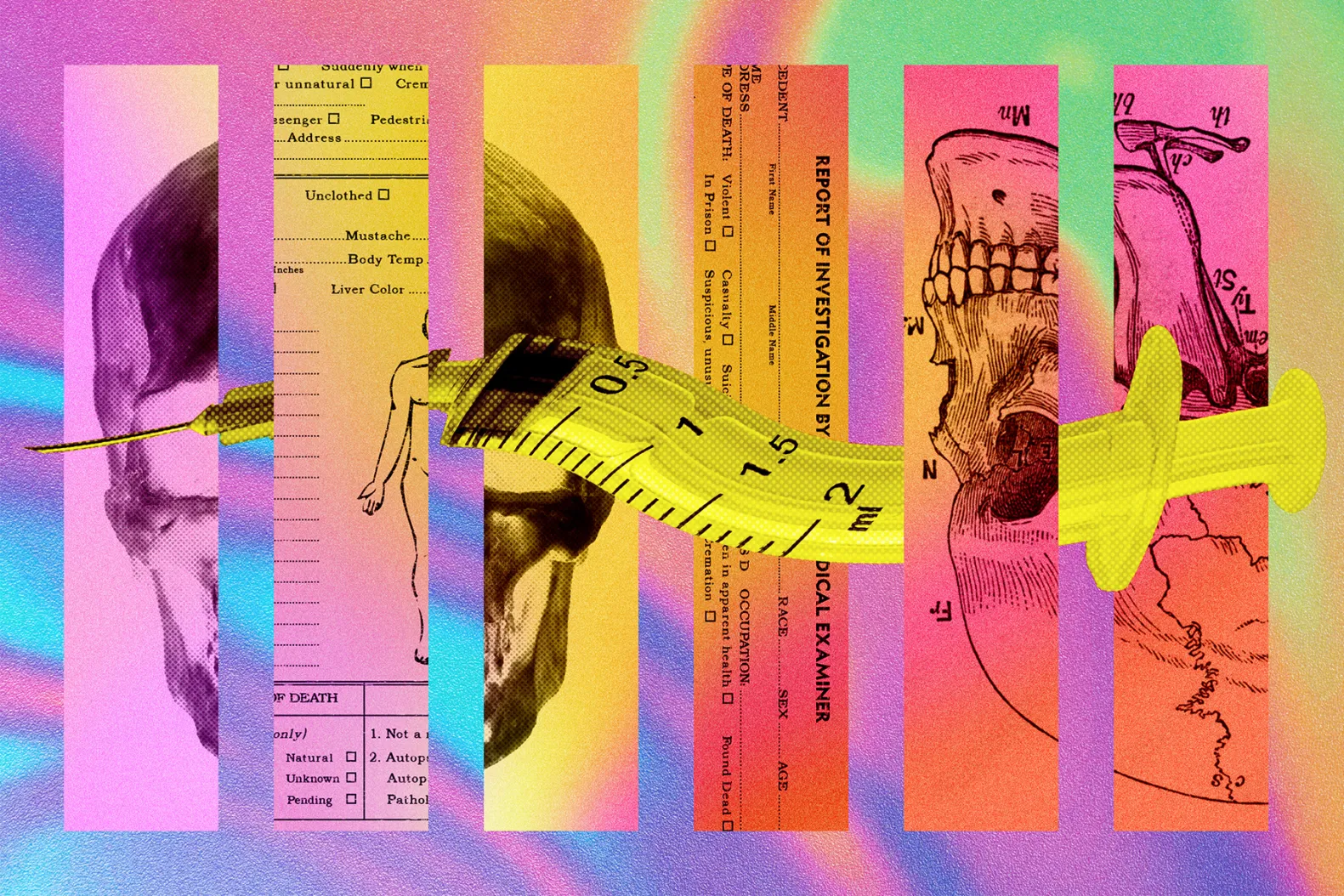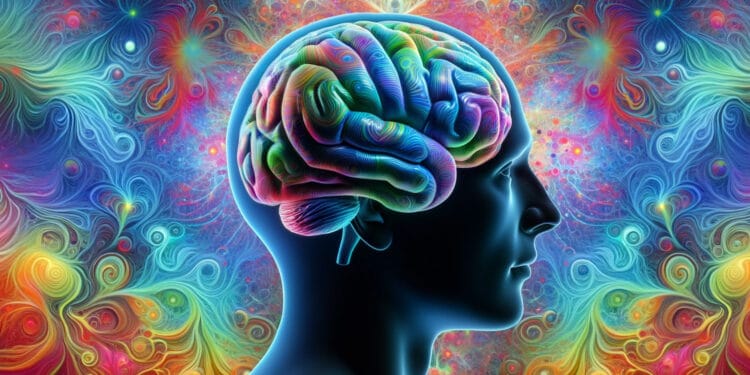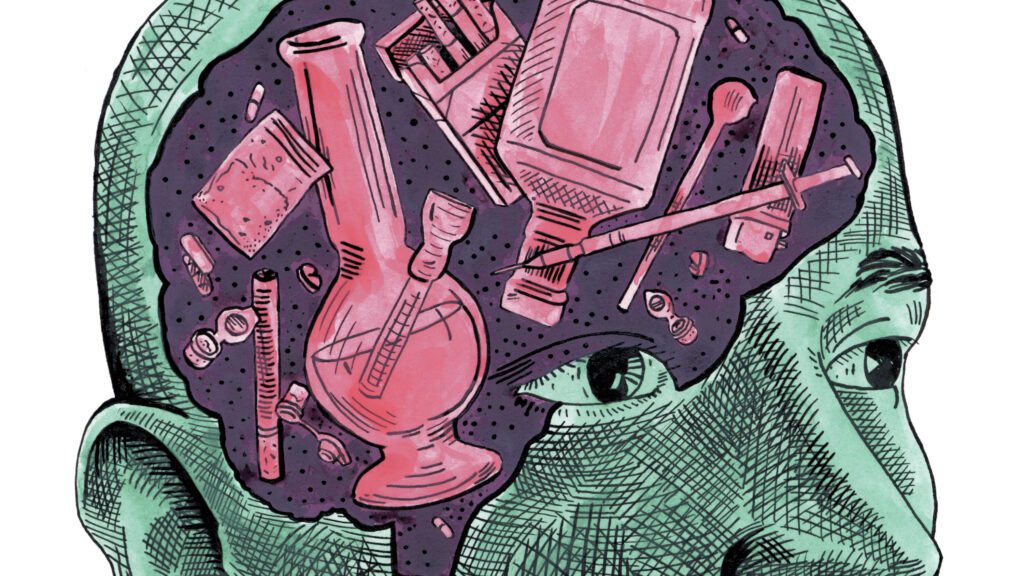
lol
In recent years, the discussion around psychedelics has shifted significantly from the realm of recreational use to a more serious exploration of their therapeutic potential, especially in the context of addiction recovery. Psychedelics, once stigmatized and largely dismissed by mainstream medicine, are now being researched for their ability to assist individuals struggling with various forms of addiction. This article will delve into what psychedelics are, how they work, and the promising role they play in addiction recovery.
What Are Psychedelics?
Psychedelics are a class of substances that alter perception, mood, and various cognitive processes. They typically act on the brain’s serotonin receptors, particularly the 5-HT2A receptor, which plays a crucial role in the regulation of mood, cognition, and perception. Common examples of psychedelics include:
LSD (Lysergic Acid Diethylamide): A powerful hallucinogen known for its ability to induce altered states of consciousness.
Psilocybin: The active compound found in magic mushrooms, which has shown potential in treating various mental health disorders.
DMT (N,N-Dimethyltryptamine): A naturally occurring psychedelic that is often used in shamanic rituals and has recently gained attention for its therapeutic benefits.
4. Mescaline: Found in certain cacti, it has been traditionally used in Native American spiritual practices.
The nature of these substances and their effects on consciousness is fundamental to understanding how they can aid in addiction recovery.
How Do Psychedelics Work?

lol
Psychedelics influence brain function primarily by interacting with serotonin receptors, which leads to profound changes in an individual’s perception and emotional state. Here’s how they work:
1. Altered States of Consciousness: Psychedelics can induce states that allow individuals to confront difficult emotions, experiences, and past traumas. This novel perspective can lead to significant insights and emotional releases.
2. Increased Neuroplasticity: Research indicates that psychedelics may promote neurogenesis and synaptogenesis, enhancing the brain’s ability to form new connections and pathways. This could help in replacing addictive behaviors with healthier ones.
3. Dissolution of Ego: Many users report a sensation of ego dissolution, where the boundaries of self become blurred. This can foster a sense of connectedness and alleviate feelings of isolation, which are common in addiction.
4. Facilitated Emotional Processing: Psychedelics allow individuals to confront and process emotions that are often suppressed, which can be crucial for recovery from addiction.
These mechanisms suggest that psychedelics could provide a unique tool for individuals seeking to break free from the cycles of addiction.
How Do Psychedelics Help with Addiction Recovery?

lol
The integration of psychedelics into addiction recovery programs is a novel concept that is gaining traction in both scientific circles and treatment centers. Here are several ways psychedelics are beneficial:
Enhanced Therapeutic Engagement: The psychedelic experience lead to deeper therapeutic engagement. Participants often feel more open and able to discuss their emotions, leading to improved outcomes in counseling or therapy sessions.
Breaking Habits and Patterns: Psychedelics can help reset ingrained habits and thought patterns associated with addiction. Such a profound change can motivate individuals to adopt healthier lifestyles.
Decreased Cravings and Relapse Rates: Studies have shown that psychedelics, such as psilocybin, can significantly reduce cravings for substances like alcohol and nicotine, leading to lower relapse rates.
Holistic Perspective on Recovery: Rather than viewing addiction solely as a disease, psychedelics help individuals understand their addiction within a broader context—enabling a more compassionate self-view and aligning their recovery with deeper personal values and goals.
These factors illustrate the holistic potential of psychedelics in changing lives and enhancing recovery from addiction.
Conclusion

lol
As the stigma surrounding psychedelics gradually diminishes and scientific research continues to unravel their therapeutic potential, it becomes increasingly clear that these substances could offer groundbreaking solutions for addiction recovery. By aiding in emotional processing, facilitating deeper connections in therapy, and encouraging neuroplasticity, psychedelics present a unique opportunity to address the challenges of addiction from a new angle.
In summary, the journey of recovery from addiction is often fraught with difficulties. However, with the right tools and support systems, including the emerging role of psychedelics, many individuals find the path to healing more achievable and transformative. As we continue to explore these substances, we must remain mindful of the importance of responsible use and further research to fully harness their potential in addiction treatment.






